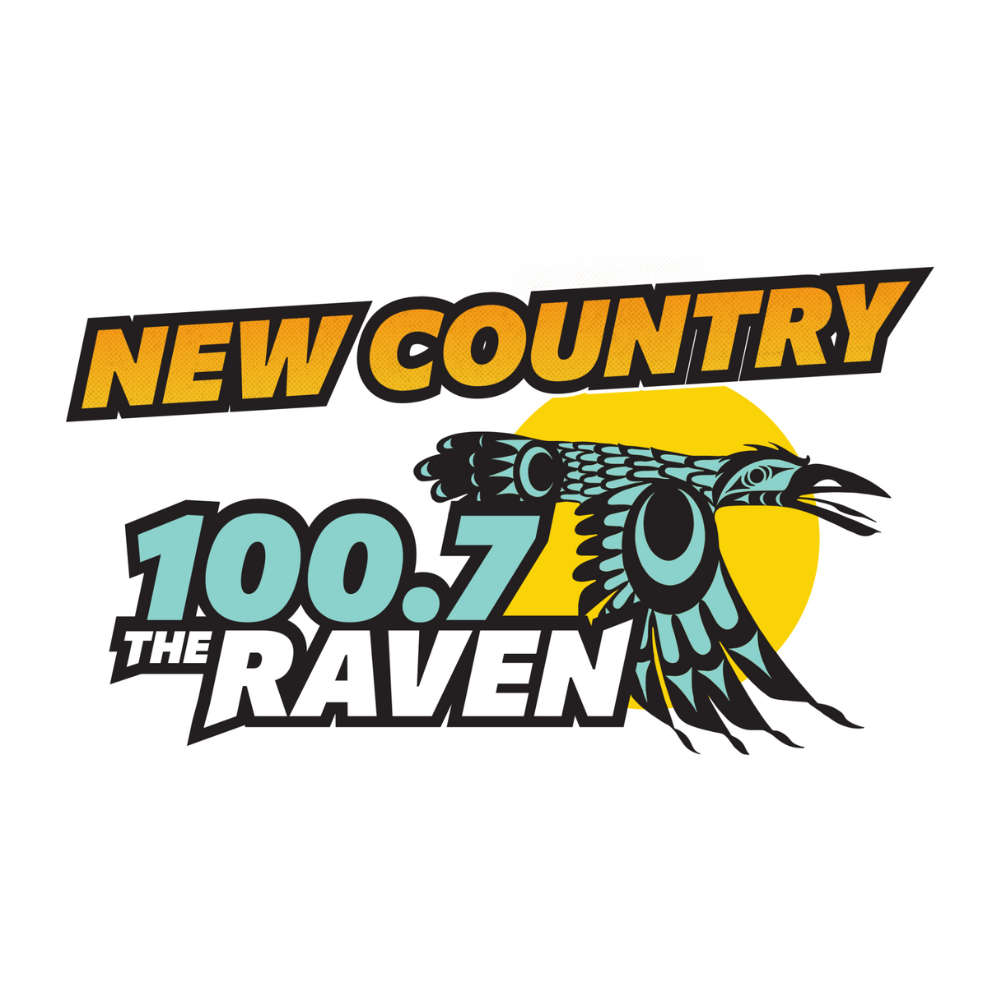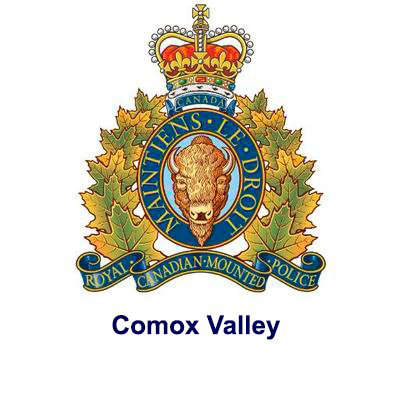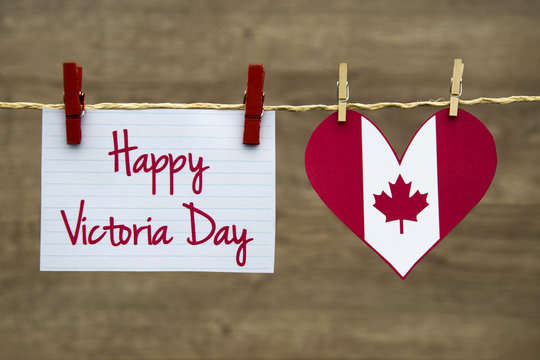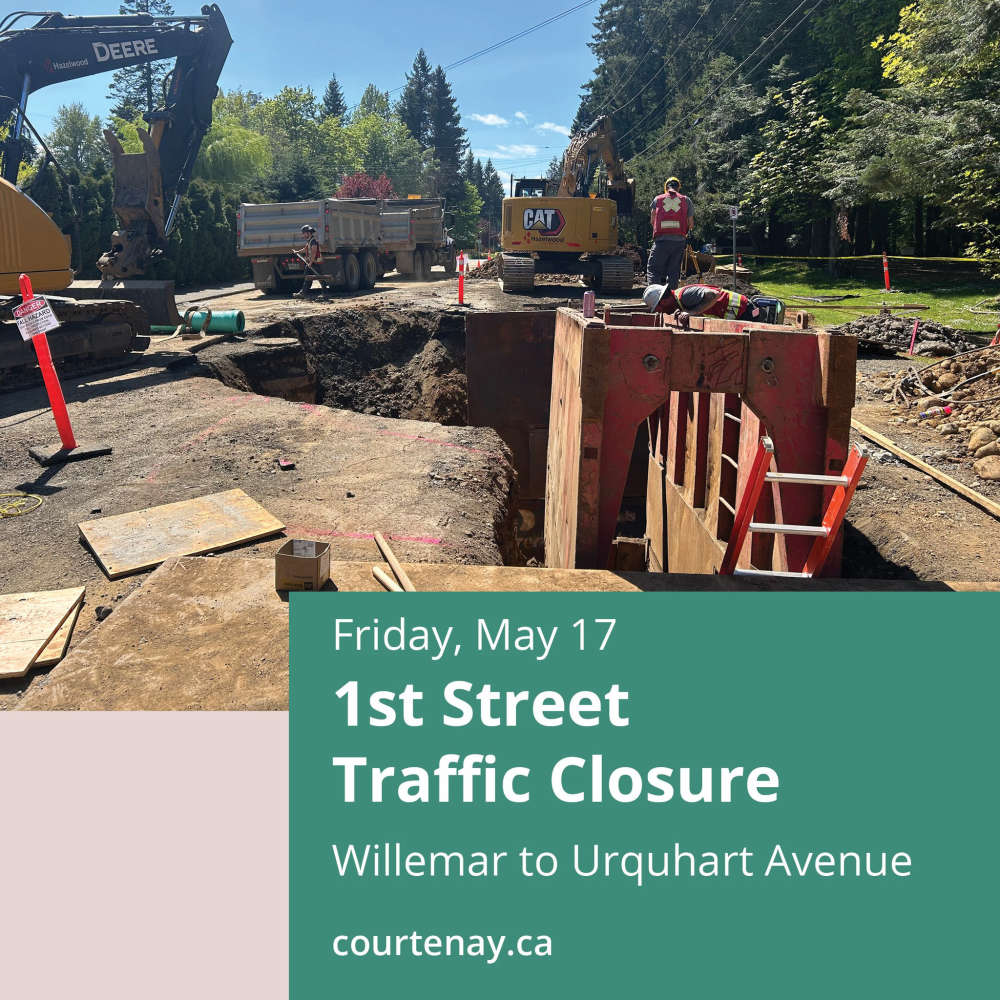
The BC government is releasing more information on the upcoming flipping tax.
“Buying a home is one of the biggest milestones in people’s lives – whether it is their first apartment or sizing up for a growing family – everyone wants to find a place to call home and build a good life,” said Katrine Conroy, Minister of Finance.
“We don’t think families should have to compete against wealthy speculators when they are purchasing a home, which is why we’re taking action against investors who use the housing market as a stock market.”
The Residential Property Profit Tax Act, commonly referred to as the B.C. home-flipping tax, discourages investors from buying housing only to turn a quick profit. Income from residential property resold within two years will be subject to the tax.
Approximately 4,000 properties are expected to be subject to the tax next year and all revenue will go directly into strengthening housing programs and building new homes in B.C.
People who face unavoidable life changes, including divorce, death, illness, relocation for work, job loss or a change in household membership, will be exempt from the tax.
Builders will also be eligible for exemptions if they are adding to the housing supply, including building housing on residential property with no existing housing, or adding an additional suite or housing unit to a property that has an existing home.
The tax goes into effect on Jan. 1, 2025, once legislation is passed.
To learn more, visit Government of British Columbia.

 Comox Valley RCMP Say Teenager Found Safe, But Seeking 53-Year Old Missing Man
Comox Valley RCMP Say Teenager Found Safe, But Seeking 53-Year Old Missing Man
 Communities To Celebrate Victoria Day This Weekend
Communities To Celebrate Victoria Day This Weekend
 A Lot To Enjoy At The Comox Air Show This Weekend
A Lot To Enjoy At The Comox Air Show This Weekend
 Road Closure On 1st Street In Courtenay Today
Road Closure On 1st Street In Courtenay Today
 Historic Haida Aboriginal Title Legislation Receives Royal Assent
Historic Haida Aboriginal Title Legislation Receives Royal Assent
